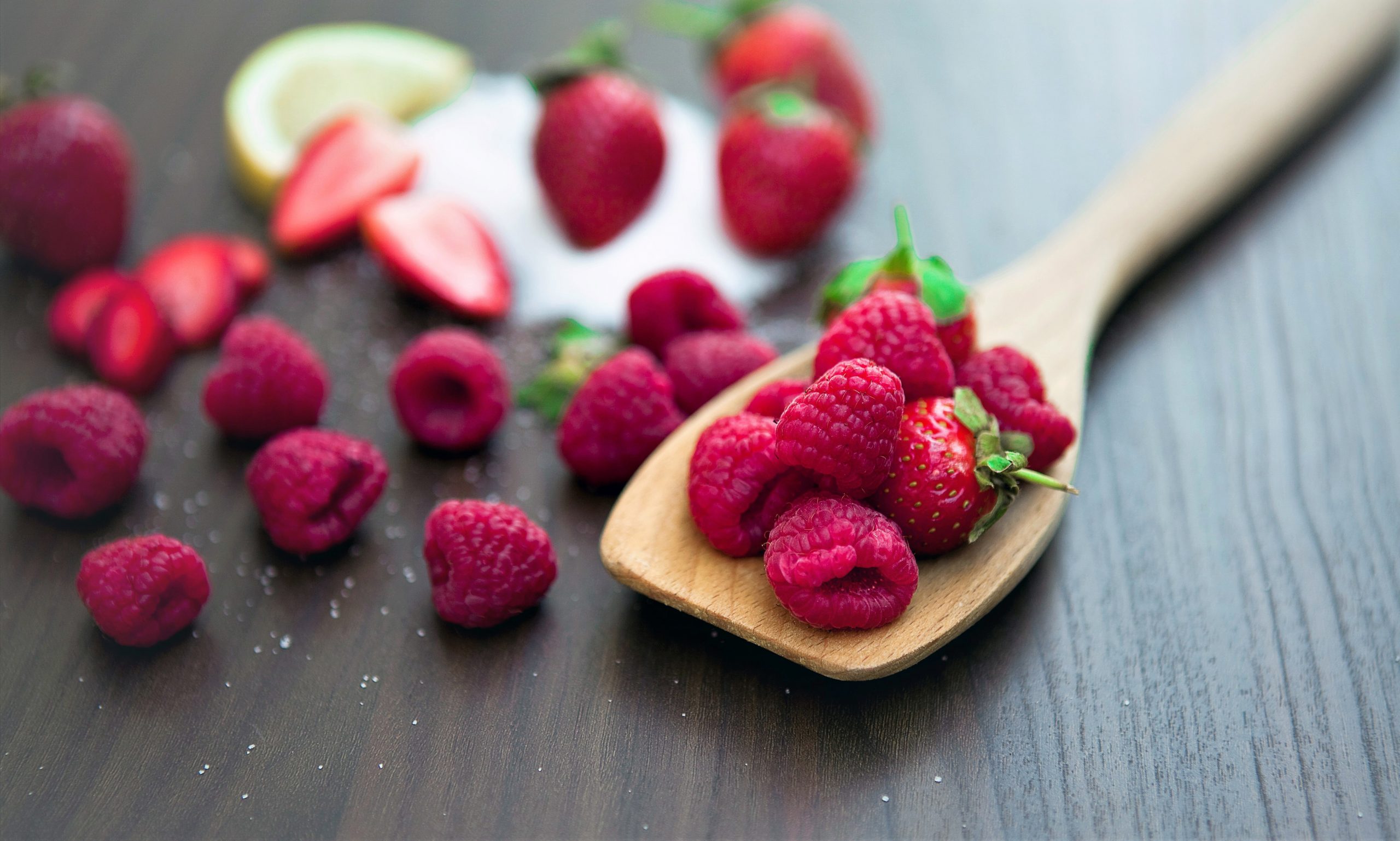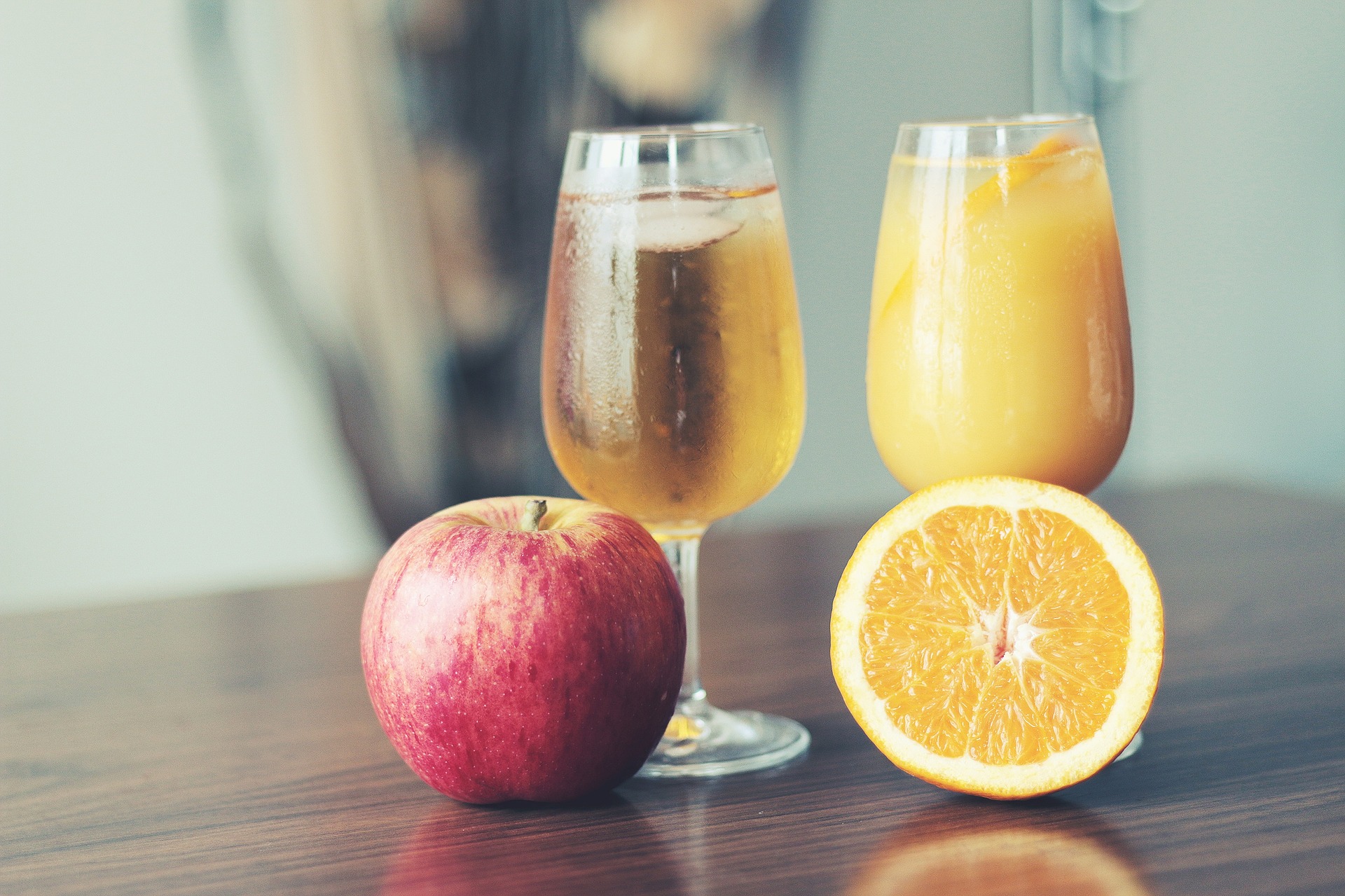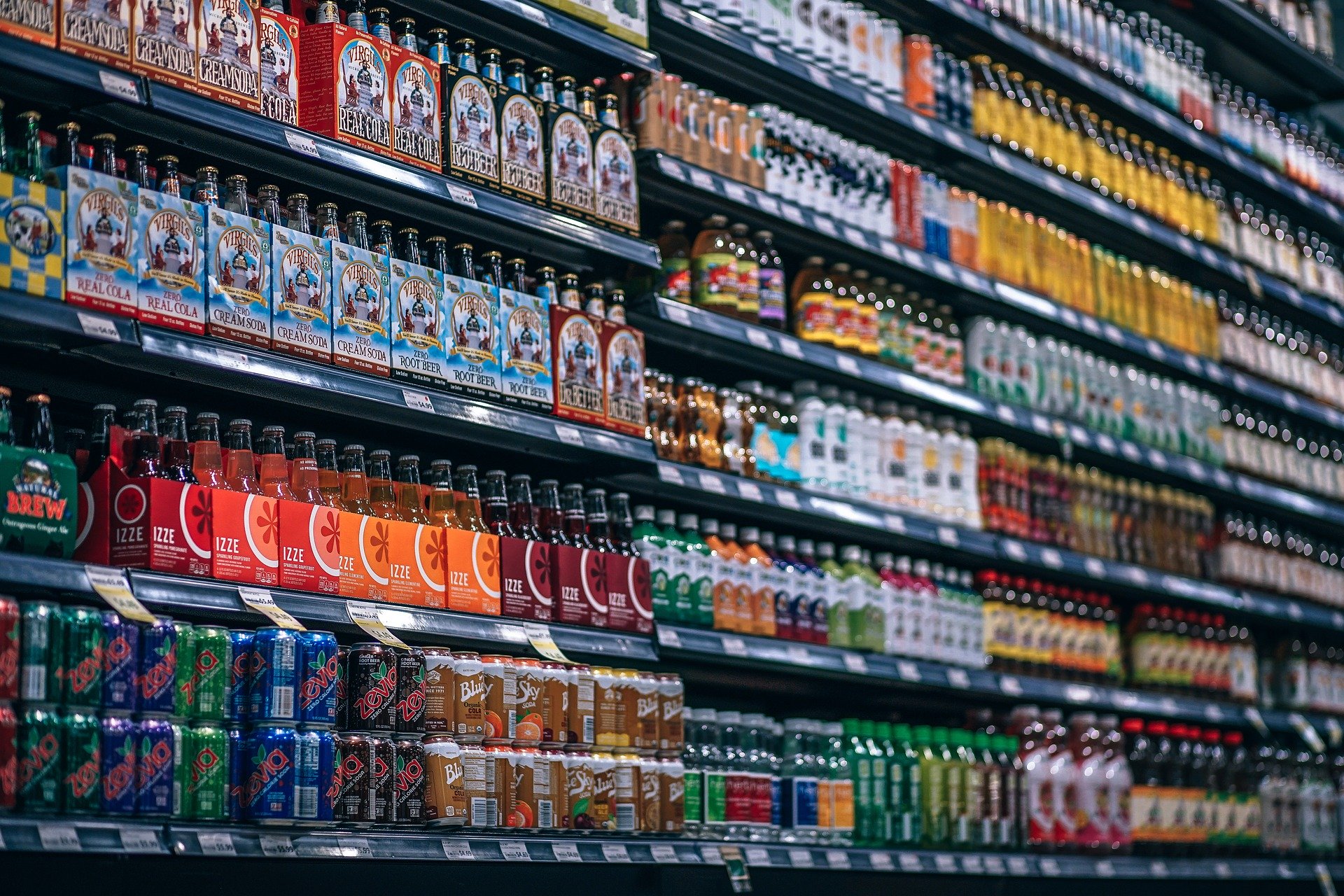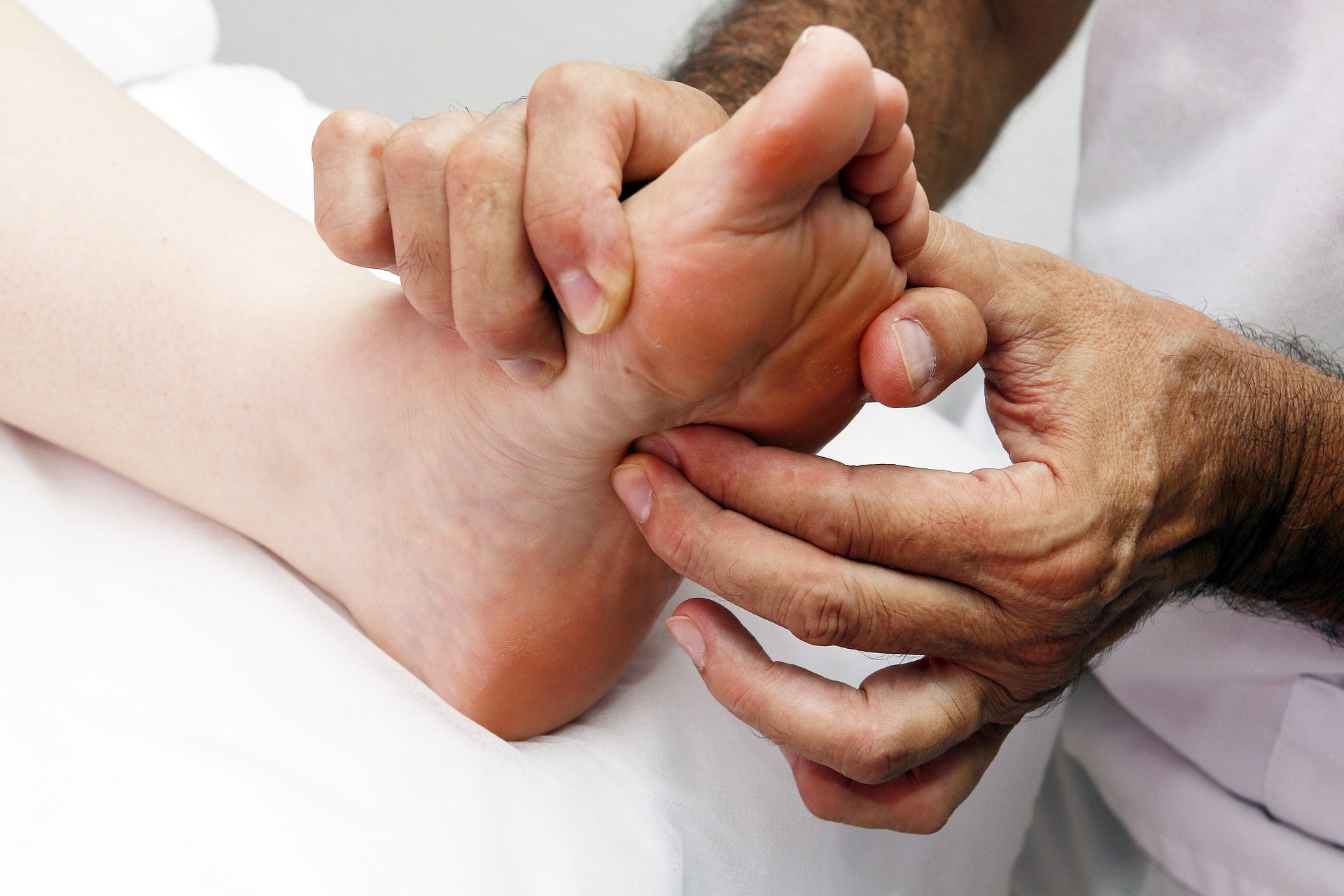 Our kidneys play an important role in detoxifying the body. According to the National Institutes of Health, the average kidney set filters an astonishing 200 liters of blood a day and produces about 2 liters of waste. The important nutrients that we need to maintain the functioning of all physical processes are returned to the bloodstream. The kidneys work 24 hours a day to keep us healthy and even play a role in blood pressure.
Our kidneys play an important role in detoxifying the body. According to the National Institutes of Health, the average kidney set filters an astonishing 200 liters of blood a day and produces about 2 liters of waste. The important nutrients that we need to maintain the functioning of all physical processes are returned to the bloodstream. The kidneys work 24 hours a day to keep us healthy and even play a role in blood pressure.
The quality of our diet has a huge impact on how hard the kidneys have to work to achieve this goal. Certain foods put a lot more pressure on these bean-shaped organs and should be eaten in moderation to prevent the development of kidney disease. Fortunately, it’s never too late to improve your kidney health, even if you already have kidney disease. (At this point, your doctor must of course be involved.)
Here are 8 foods that put enormous pressure on your kidneys. Some of them have a redeeming health value and should simply be eaten in moderation, while others should be avoided entirely. Stay with us to find out exactly how you can balance a kidney-healthy diet.

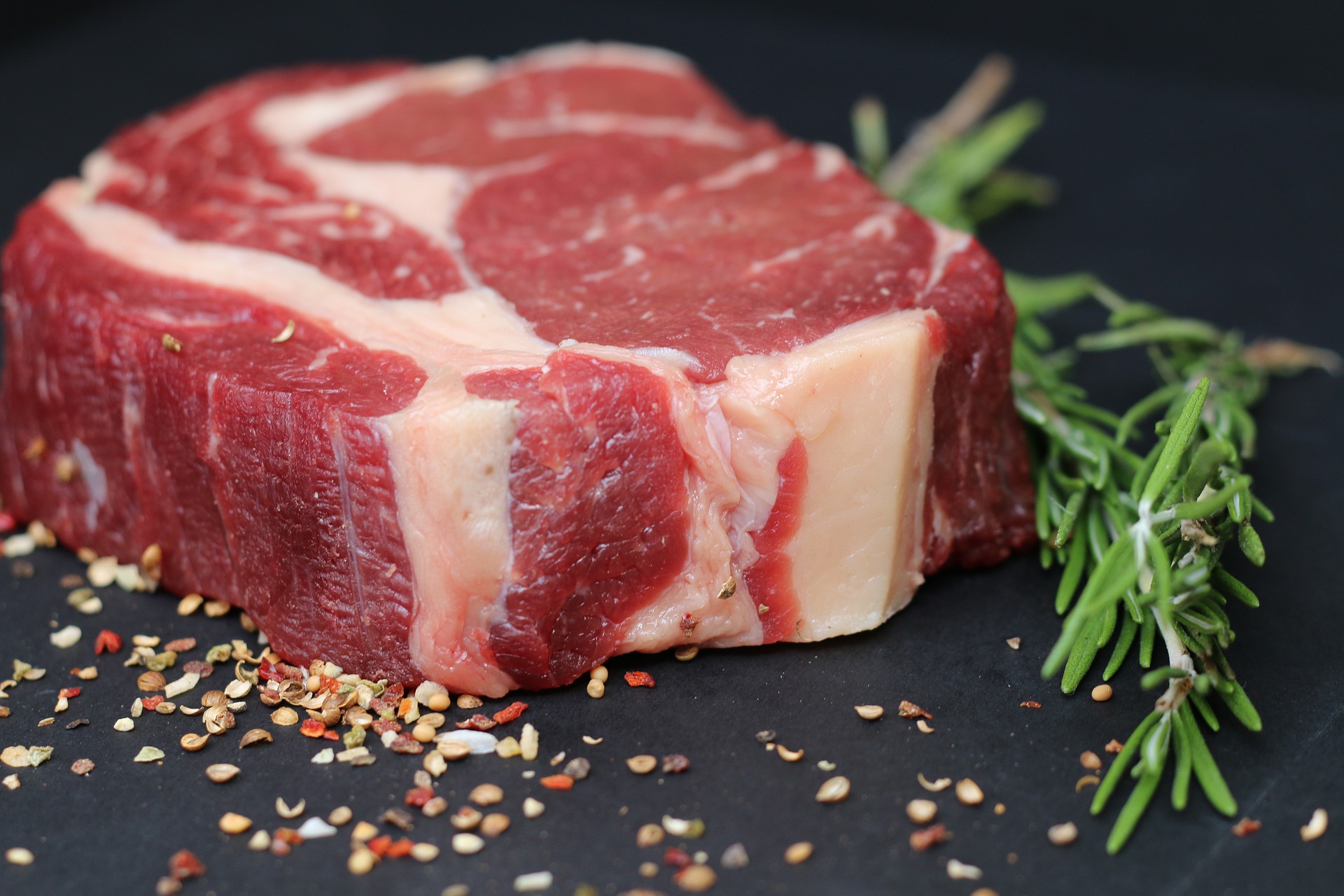 1. Red Meat
1. Red Meat
The value of red meat is its protein content. Our body needs protein to grow and build muscle, but it is difficult for the kidneys to metabolize. Red meat is also fairly rich in saturated fat. Again, our kidneys need some fat to function properly, but too much can cause cells called macrophages to form in kidney tissue. This eventually damages the kidneys and leads to an accumulation of acid waste in the body.
Red meat, especially organ meat, contains a large amount of purine, which stimulates the production of uric acid. The kidneys generally process uric acid, but if you get too much purine, painful stones tend to develop.
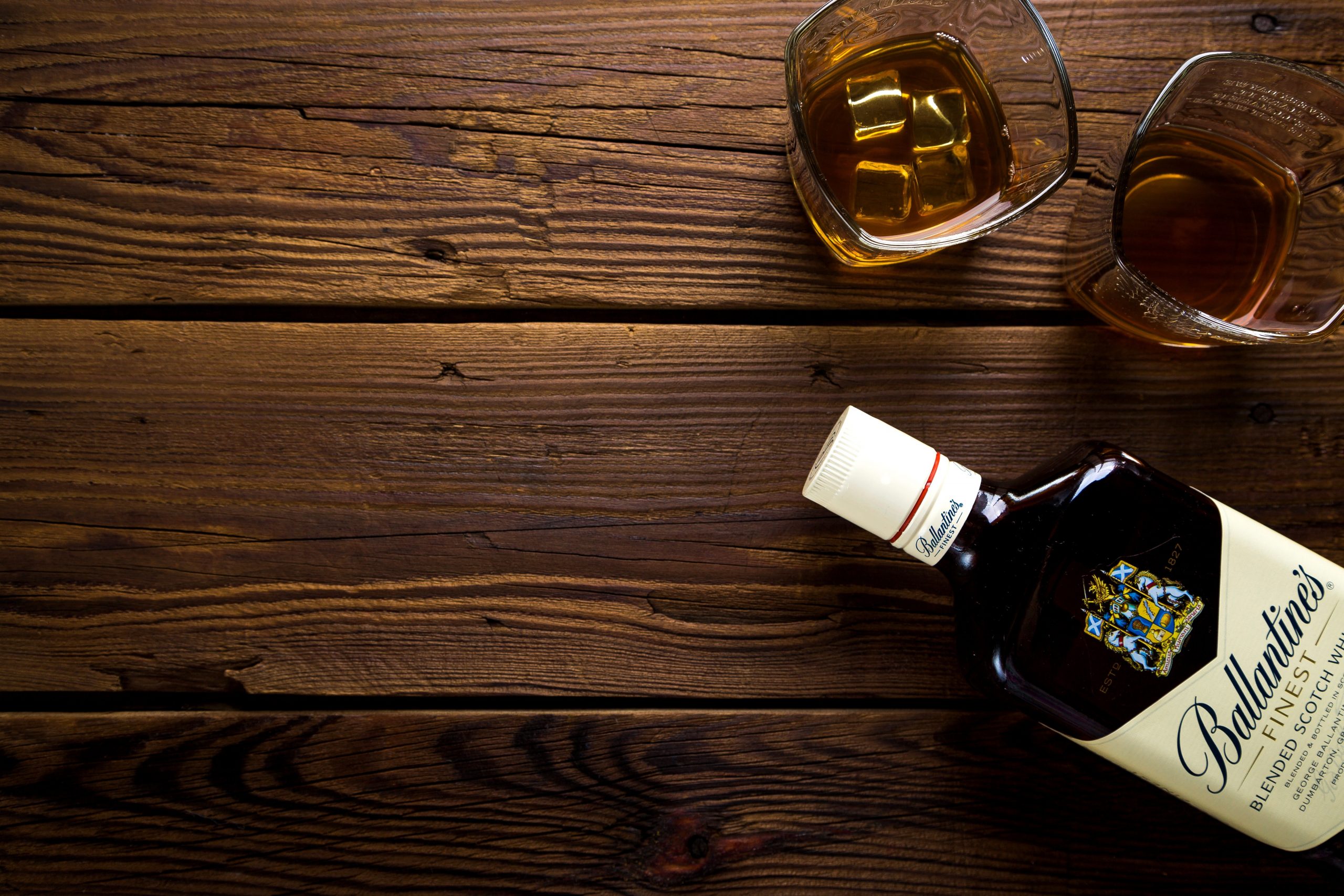 2. Alcohol
2. Alcohol
Alcohol is basically a poison that the kidneys have to filter out. Drinking in moderation doesn’t make this job too difficult, but drinking too much puts real pressure on them. Too much alcohol actually changes the way your kidneys work, just as it changes the way your brain works and you are unable to filter your blood effectively.
Alcohol is also quite dehydrating and water is important for the functioning of the kidneys and every cell in our body. This inner struggle is one of the reasons why hangovers hurt so much. It is really important to drink plenty of water if you have consumed alcohol.
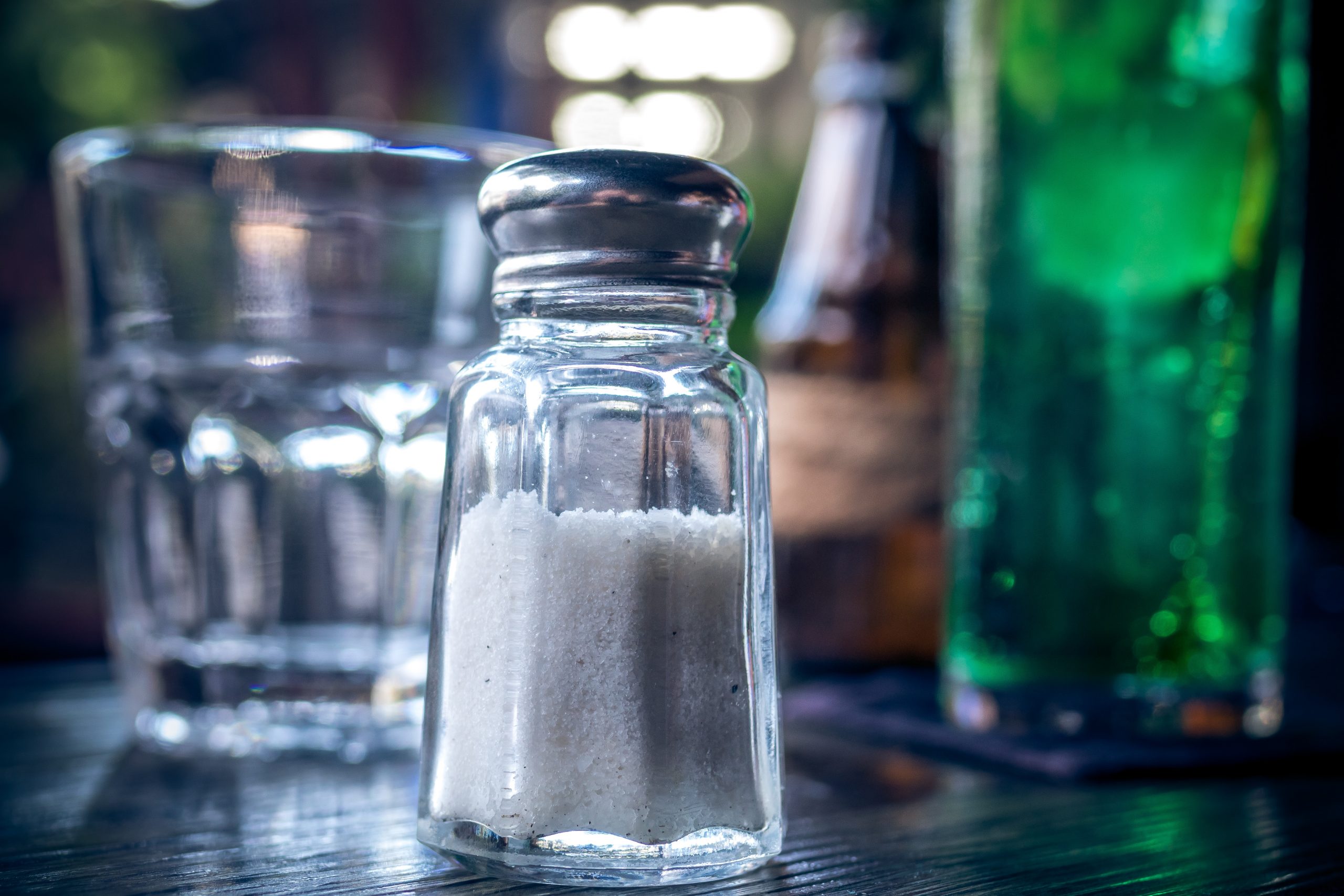 3. Table Salt
3. Table Salt
Sodium is actually an important ingredient that helps our body maintain proper fluid balance. When combined with potassium, sodium keeps our blood hydrated enough to efficiently filter the kidneys. However, if you have too much salt in your diet, your kidneys will need to hold back more water to dilute it. Ultimately, it increases blood pressure and can even damage the microscopic structures in the kidneys that do the actual filtering work – they are called nephrons.
Salt binds positively in processed foods of all kinds, including sweets. To limit your sodium intake, eat as many freshly prepared whole foods as possible so that you can control the amount of salt that comes in. At the same time, make sure you get enough potassium-rich foods to improve sodium. Potassium balance, which is so important for hydration.
 4. Caffeine
4. Caffeine
Many of us need a daily dose of caffeine to really start in the morning, plus a dose or two in the evening when we have to work late. However, since caffeine is a stimulant, it speeds up blood circulation and can raise blood pressure. It is also a mild diuretic, which means that it affects the kidney’s ability to absorb water and can cause dehydration.
In small amounts, caffeine does not put too much pressure on the kidneys. However, excessive consumption can worsen kidney disease and cause kidney stones due to chronic dehydration. As long as you consume 2 or 3 caffeine drinks a day and drink plenty of water in the meantime, there is no need to worry. Just make sure you get your dose of coffee or tea instead of soda or energy drinks. We’ll talk more about that below.
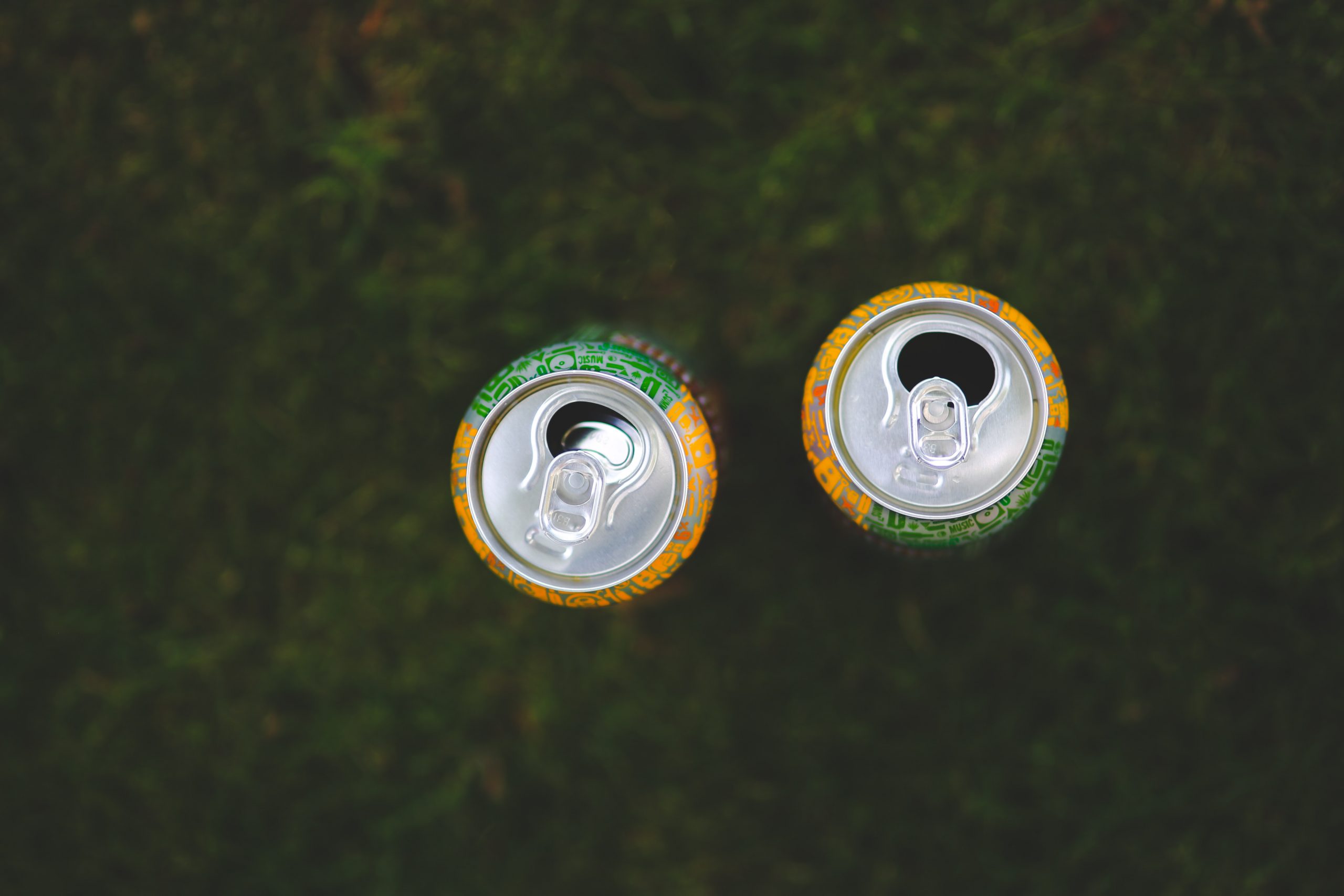 5. Soft Drinks And Energy Drinks
5. Soft Drinks And Energy Drinks
They taste good and offer a lot of sugary energy, but these drinks are extremely annoying. Lemonades and energy drinks have no health value. Therefore, if you completely remove them from your diet, one of the best things you can do to instantly relieve tension in your kidneys and improve your overall health.
These drinks are simply loaded with caffeine and sugar or artificial sweetener, as well as some dyes and dangerous chemicals. Caffeine is not just a diuretic, but the crazy sugar content that you only consume with a soda or an energy drink is just too much for a day. The kidneys are forced to excrete a large amount of urine into the urine, which is a good error test. Over time, high blood sugar levels damage kidney tissue and impair its ability to filter the blood. .
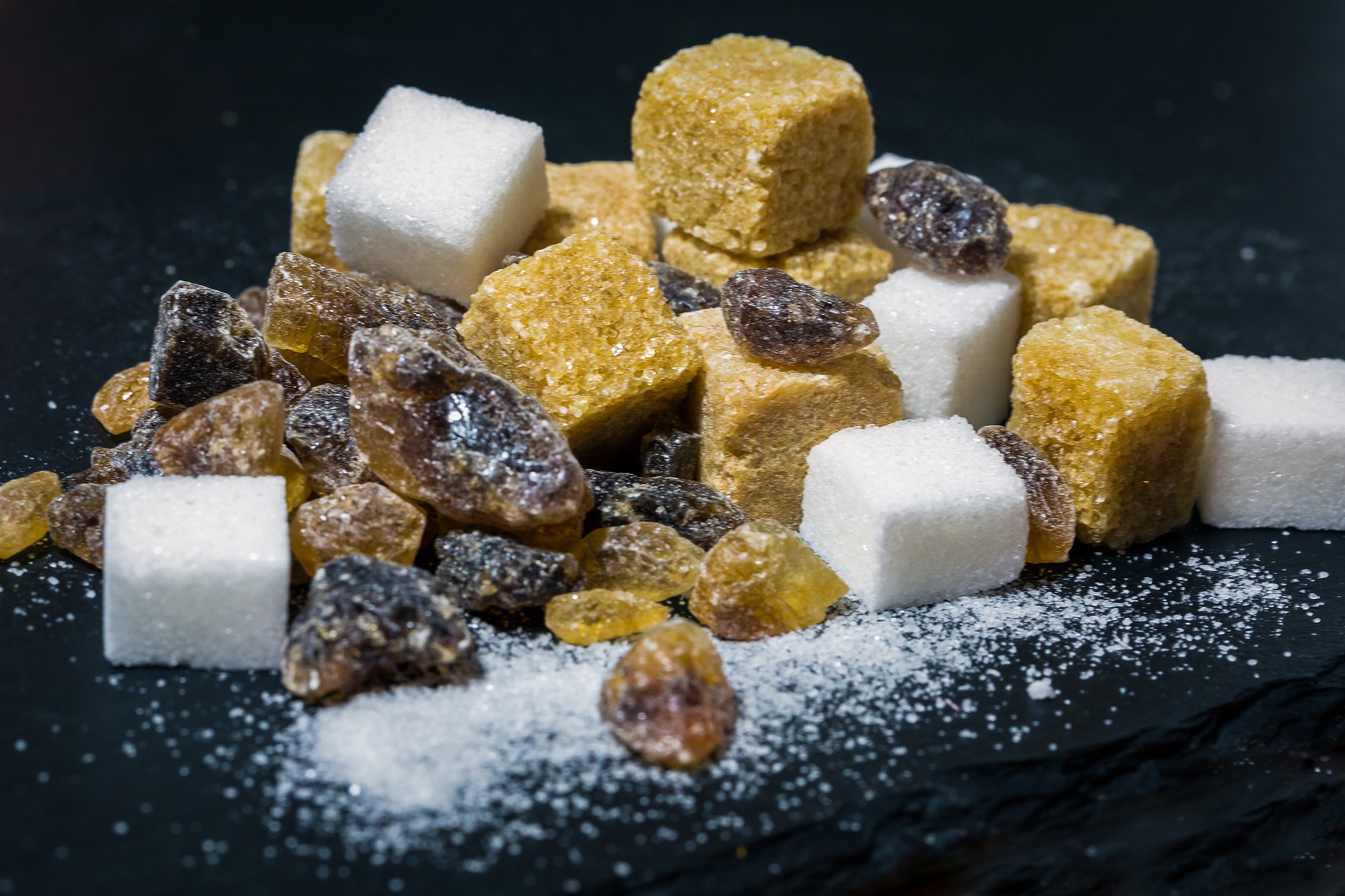 6. Artificial Wweeteners
6. Artificial Wweeteners
Artificial sweeteners, such as those found in diet sodas, should reduce our addiction to unhealthy sugar, but it didn’t work that way. Studies show that the use of artificial sweeteners doesn’t really reduce our total sugar intake. This could be a factor in some kind of psychological justification that we tend to do: “I chose diet sodas for lunch, so it’s okay to have some brownies for dinner.”
Research has also shown that only two diet sodas a day lead to decreased kidney function. Actually, it’s best to break the soda habit all together. If you’re still looking for a better sugar substitute, try natural stevia or honey.
 7. Dairy Products
7. Dairy Products
Dairy products are rich in calcium and other nutrients as well as protein. They can be a healthy addition to your diet, but should not be overused. Too much calcium can cause kidney stones because the kidneys have difficulty passing the excess into the urine.
Overworked kidneys cannot process protein waste and reach a dangerous level in your body. Studies have shown that limiting dairy products to people with kidney disease can delay the need for dialysis. This process filters the blood when the kidneys cannot.
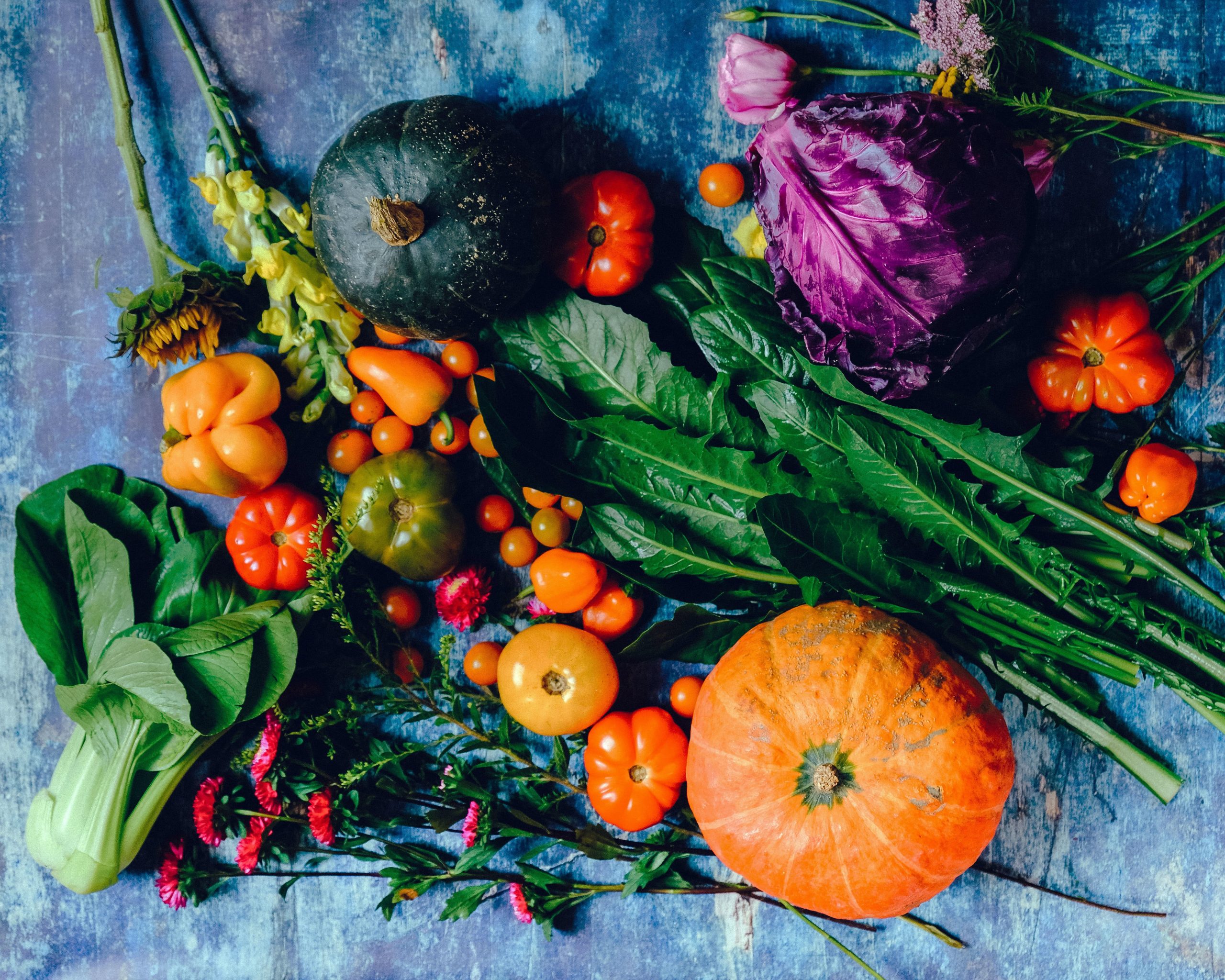 8. Not Organic Food
8. Not Organic Food
It is probably not surprising that taking poison is not good for us. What you may not notice is that it is almost impossible to remove pesticide residues from inorganic products as they penetrate food. Once ingested, our body can no longer process these chemicals, so their content increases over the course of our lives.
Recent studies have shown that people with chronic kidney disease tend to have more pesticide residues in their bodies. The exact link between pesticides and kidney disease is not yet known, but the researchers believe that high levels of pesticide residues in the body cause significant oxidative damage to the kidneys.
We know that all of this information can be confusing, but the bottom line for superior kidney health is really “all in moderation.” Their kidneys are detoxifying powers and they are good at their work. The key is simple not to overload it. Of course, drink your morning coffee, treat yourself to a steak occasionally, and don’t worry that sometimes you spoil your love of cheese. Just eat as organic as possible and remove soda. Follow these steps and your kidneys will thank you.

